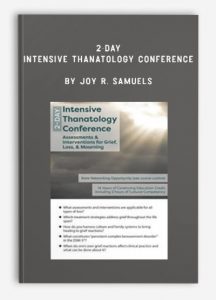 2-Day Intensive Thanatology Conference by Joy R. Samuels
2-Day Intensive Thanatology Conference by Joy R. Samuels
More information about Medical:
Medicine is the science and practice of establishing the diagnosis, prognosis, treatment, and prevention of disease.
Medicine encompasses a variety of health care practices evolved to maintain and restore health by the prevention and treatment of illness.
Contemporary medicine applies biomedical sciences, biomedical research, genetics, and medical technology to diagnose, treat, and prevent injury and disease,
typically through pharmaceuticals or surgery, but also through therapies as diverse as psychotherapy, external splints and traction, medical devices, biologics, and ionizing radiation, amongst others.
Medicine has been around for thousands of years, during most of which it was an art (an area of skill and knowledge) frequently having connections to the religious and
philosophical beliefs of local culture. For example, a medicine man would apply herbs and say prayers for healing, or an ancient philosopher and physician would apply bloodletting according to the theories of humorism.
In recent centuries, since the advent of modern science, most medicine has become a combination of art and science (both basic and applied, under the umbrella of medical science).
While stitching technique for sutures is an art learned through practice, the knowledge of what happens at the cellular and molecular level in the tissues being stitched arises through science.
Description
Join Dr. Joy Samuels, DMin, LPC-MHSP, NCC, and Fellow in Thanatology, for this intensive and practical recording that will further prepare you to intervene with clients who are experiencing loss in its many forms. Dr. Samuels will utilize specific case studies to bring grief, loss, and mourning theory to the practical level of daily practice. She will specifically look at the intersection of personality, temperament, and grief responses from an individual and family systems perspective.
In the second half of the recording, grief reactions are addressed, and practical assessment and intervention strategies are identified to assist the person who is grieving cope with the loss. What constitutes ‘persistent complex bereavement disorder’ will be reviewed, as well as cultural responses and rituals in regard to the grieving process. Participants will increase their own self-awareness as to their loss experiences and grieving mechanisms and will further define the boundaries of their professional roles. Participants will leave with specific client- and family-centered interventions that can be used in practice.
GRIEF, LOSS, AND MOURNING
IT’S ALL ABOUT THE FAMILY! HOW FAMILY SYSTEMS IMPACT GRIEF REACTIONS AND WHY IT MATTERS IN CLINICAL PRACTICE
- Family life cycle
- Identifying effective communication patterns to promote healthy boundaries
- Impact of illness trajectory
- Grief styles
- Epigenetics-do we inherit our grief reactions from our grandparents?
- Personality
- Temperament
- Normative grief responses
- Impact of type of loss
- Family systems theory
- Gender issues
- Assessment of risk factors for complicated/prolonged grief
- Determining appropriateness of specific interventions
- Case Studies
LIFE SPAN
- Developmental considerations and milestones related to loss reactions
- Children
- Adolescents
- Early Adulthood
- Middle Adulthood
- Later Adulthood
- Parental Loss
- Child Loss
- Widowhood
- Grief counseling throughout the lifespan
- Grief therapy interventions related to lifespan
CULTURAL/SOCIALIZATION
- Loss, Grief, and Mourning
- Factors affecting experience of and expression of grief
- Impact on mourning practices
- Death anxiety
- Assessing and intervening with cultural competence
- Advanced care planning
- Communication
- Meaning of death
EXCHANGE OF IDEAS LED BY DR. SAMUELS:
Network with other professionals to share interventions and assessments that have proven effective (and not effective) with clients who are dealing with a loss.
ASSESSMENTS, DIAGNOSIS, TREATMENT PLANNING, AND INTERVENTIONS
CONTEMPORARY PERSPECTIVES ON ASSESSMENTS AND INTERVENTIONS
- Current assessment models
- Current therapeutic strategies
- Controversy about efficacy of interventions
- Complicated grief
- Gender considerations
- Pathologizing of grief
RESOURCES AND RESEARCH
- Empirical research on current theories
- Research on effectiveness of assessments and interventions
- Practical resources for clinicians
PROFESSIONAL ISSUES
- Which assessments are within your scope of practice?
- Communication
- Professional liability and limitations
- Determining appropriate interventions in concert with evidence and client characteristics
- Professional responsibilities
More information about Medical:
Medicine is the science and practice of establishing the diagnosis, prognosis, treatment, and prevention of disease.
Medicine encompasses a variety of health care practices evolved to maintain and restore health by the prevention and treatment of illness.
Contemporary medicine applies biomedical sciences, biomedical research, genetics, and medical technology to diagnose, treat, and prevent injury and disease,
typically through pharmaceuticals or surgery, but also through therapies as diverse as psychotherapy, external splints and traction, medical devices, biologics, and ionizing radiation, amongst others.
Medicine has been around for thousands of years, during most of which it was an art (an area of skill and knowledge) frequently having connections to the religious and
philosophical beliefs of local culture. For example, a medicine man would apply herbs and say prayers for healing, or an ancient philosopher and physician would apply bloodletting according to the theories of humorism.
In recent centuries, since the advent of modern science, most medicine has become a combination of art and science (both basic and applied, under the umbrella of medical science).
While stitching technique for sutures is an art learned through practice, the knowledge of what happens at the cellular and molecular level in the tissues being stitched arises through science.


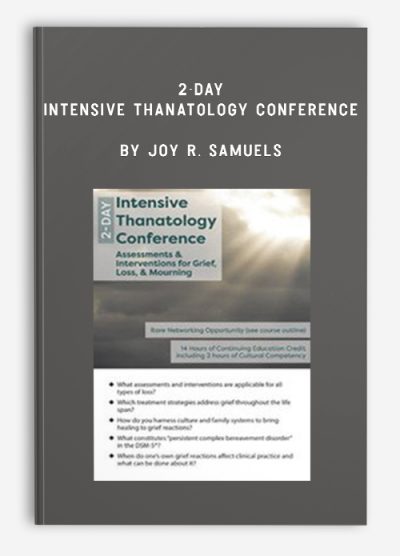
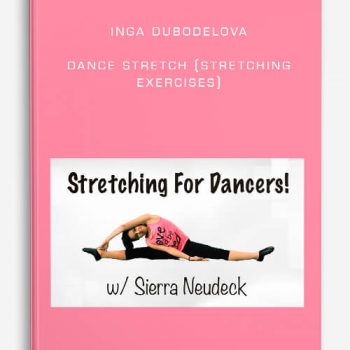
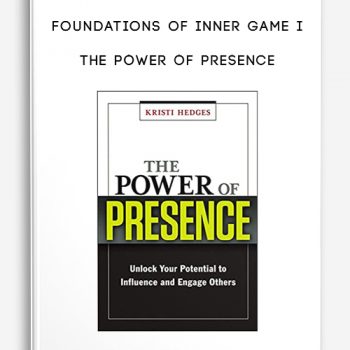
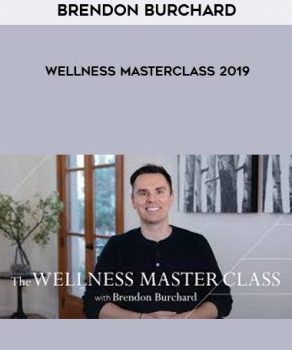
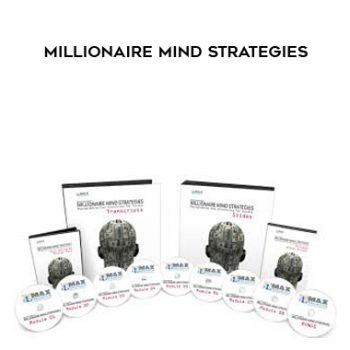
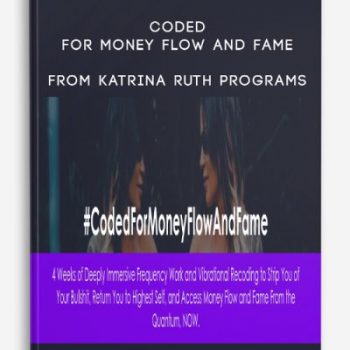

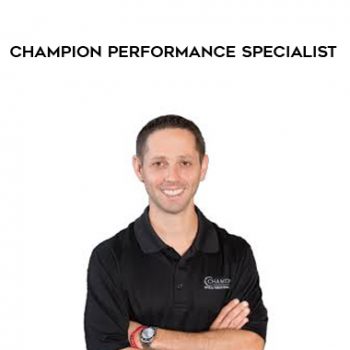
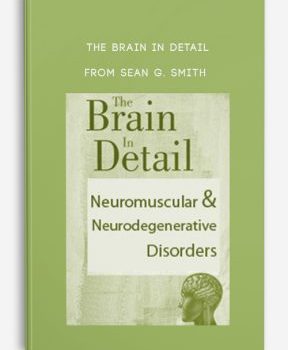
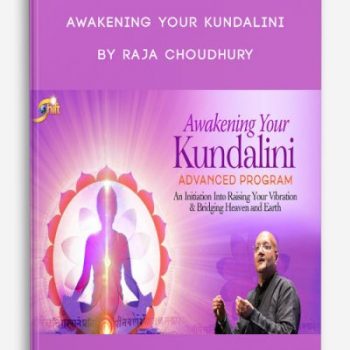
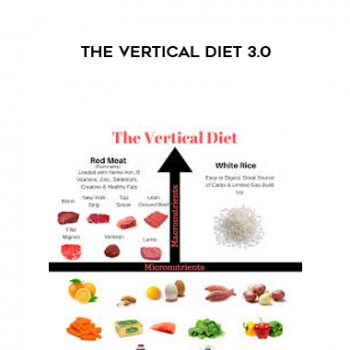
tristian –
This is Digital Download service, the course is available at Coursecui.com and Email download delivery.